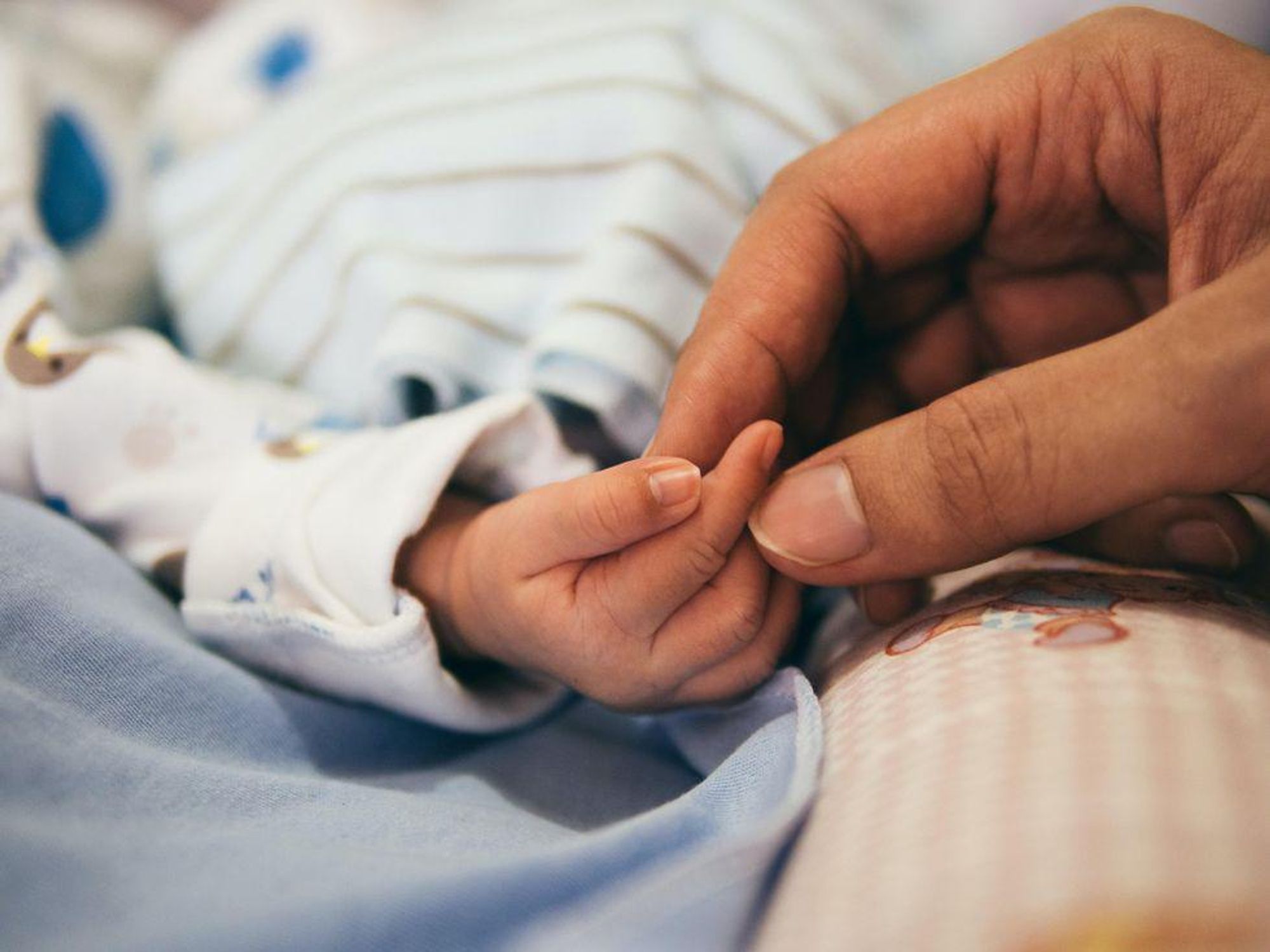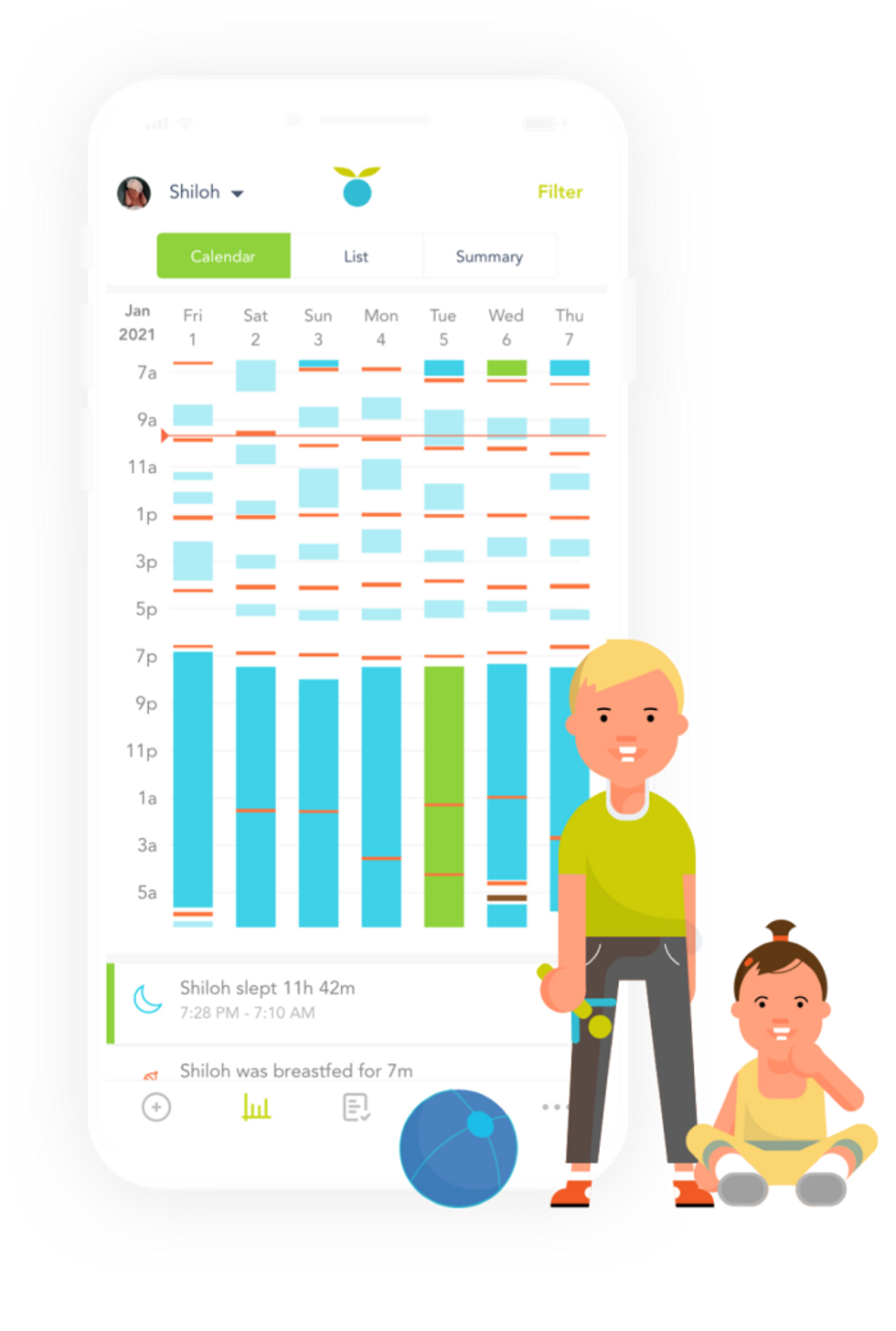🔦 Spotlight
Happy Friday Los Angeles!
Live shopping’s LA moment
Whatnot, the LA born marketplace for live auctions, raised $225 million at an $11.5 billion valuation. The round was co led by DST Global and CapitalG, with Sequoia, Alkeon, a16z, Greycroft, BOND, and others participating. The company says the money goes to international expansion, trust and safety, and seller tools - fuel for a category that has moved from “Is this a fad?” to “How big does this get in the West?”
Why it matters
If that valuation sounds sudden, you’re not imagining it. Whatnot’s last raise in January valued the company around $5 billion. Less than 10 months later, the number has more than doubled, tracking a year of surging GMV and a social commerce flywheel spinning across TikTok Shop, YouTube, and Amazon. For LA, it’s a marquee bet on the creator commerce stack we do best: community, content, and culture that converts
The bigger picture
The implications go well beyond trading cards. Live, personality led storefronts are evolving from hobby to underwritable small business. If Whatnot uses this cash to keep fraud low and throughput high, we could see an LA export take root globally, not just as an app category but as a job category. That is a storyline to watch into Q4 and beyond.
From cap tables to costumes: Halloween in LA 🎃
You’ve earned some offline fun. Heading into Halloween weekend (Oct. 31–Nov. 2), LAist’s guide has a little of everything: neighborhood Día de los Muertos celebrations (from the Canoga Park family festival to an ofrenda for pets at Annenberg PetSpace in Playa Vista), the Frogtown Arts weekend along the LA River, plus plenty of screenings and concerts across town. Bookmark the list, pick your neighborhood, and maybe swap “add to cart” for “add to calendar.”
Send tips, sightings, and spooky term sheets our way. Venture deals for LA companies, funds, and acquisitions are below.
🤝 Venture Deals
LA Companies
- Bryan Johnson’s longevity startup Blueprint raised $60M from a celebrity heavy group of backers including Kim Kardashian, Naval Ravikant, Alex Hormozi, Ari Emanuel, and the Winklevoss twins to turn Johnson’s personal Blueprint regimen into a broader consumer platform. The company says the funding will help package diagnostics, biomarker tracking, prescriptions, nutrition, and other longevity services into an accessible offering. The round underscores mainstream interest in data driven wellness despite past questions about Blueprint’s trajectory. - learn more
- Rarity PBC raised $4.6M in seed financing to advance a one-time, autologous blood-stem-cell gene therapy for ADA-SCID (“bubble baby” disease) that it has licensed from UCLA researcher Dr. Donald Kohn. The round, led by biotech investor Steve Oliveira (Nemean Asset Management), will support manufacturing and steps toward commercial readiness. - learn more
- Fruitist raised $150M led by a vehicle managed by J.P. Morgan Asset Management, with participation from Aliment Capital and Ray Dalio’s family office. The LA-based superfruit brand says the funding will fuel crop expansion, cold storage, and automation as it scales distribution to 12,500+ stores and targets continued growth following roughly $400M in trailing sales. - learn more
- Homecourt, the Los Angeles based luxury home and personal fragrance brand founded by Courteney Cox, raised an $8M Series A led by CULT Capital. The company says the funding will fuel brand marketing, team hires, and infrastructure as it expands beyond DTC into 300+ retail doors including Nordstrom, Bluemercury, and Revolve. Homecourt has broadened from home care into body and laundry collections since launching in 2022. - learn more
LA Venture Funds
- Aliavia Ventures participated in Human Health’s $8.5M raise, joining LocalGlobe, Airtree, Skip Capital and Scale Investors to back the precision health platform from former Canva product leaders Georgia Vidler and Kate Lambridis. The funding will support international expansion, deepen product intelligence in areas like women’s health, respiratory and pain, and scale Human Evidence for patient driven research; Human Health reports more than 200,000 users and 20 million logged health actions to date. - learn more
- Riot Ventures participated in EnduroSat’s $104M funding round, alongside Google Ventures, Lux Capital, the European Innovation Council Fund, and Shrug Capital. The Sofia based satellite manufacturer says the capital will scale production of its ESPA class (200 to 500 kg) modular satellite buses, targeting capacity of up to two satellites per day at a new 188,340 square foot Space Center so constellation customers can get to orbit faster. The raise is EnduroSat’s second this year and follows a €43 million round in May. - learn more
- Rocana Venture Partners participated in Recess’s $30M Series B, which was led by CAVU Consumer Partners and included Midnight Ventures, Torch Capital, Doehler Ventures, KAS Venture Partners, Vanquish, and Craig Kallman. The relaxation-beverage company will use the capital to grow its team, expand retail distribution, and ramp marketing, and it also named former Nutrabolt executive Kyle Thomas as President and Co-CEO to help scale the brand. Recess says it now sells in more than 15,000 U.S. stores, positioning it to capitalize on demand for functional relaxation and alcohol-alternative drinks. - learn more
- Terasaki Institute participated in iOrganBio’s $2M launch financing, joining First Star Ventures (lead), IndieBio, Cape Fear BioCapital, 2ndF, and Alix Ventures. The Chapel Hill based startup unveiled CellForge, an AI powered cell-manufacturing platform that pairs predictive models with high throughput control to engineer reproducible human cells and organoids for drug discovery and cell therapies. The funds support product development and early deployments. - learn more
- Fox Sports made a strategic investment in Shadow Lion, the creative agency and IP studio co-founded by Tom Brady, forming a partnership to develop talent-led originals, digital content, long-form projects, and marquee live events. The deal includes a new Los Angeles hub for Shadow Lion on the Fox lot, with early tentpoles including a University of Michigan football docuseries from executive producers Brady and Jim Harbaugh and collaboration on the Fanatics Flag Football Classic. - learn more
- EB Medical Research Foundation participated in Eliksa Therapeutics’ funding to advance ELK-003, a biological eye drop for ocular complications in epidermolysis bullosa. The round, led by DEBRA Research with support from Cure EB, the Abe Fund, and EB Research Partnership, backs an ongoing pilot study with 18 patients enrolled and no drug-related side effects reported among the first eight who completed treatment. - learn more
- Patron and HartBeat Ventures participated in Sweatpals’ $12M seed round alongside a16z speedrun, backing the community fitness platform as it expands its “daylife” model of IRL wellness events. The funding will support product and market expansion for hosts and gyms using Sweatpals for discovery, ticketing, memberships, and marketing. Business Insider reports the startup now reaches over 1 million monthly users and is growing into new U.S. cities. - learn more
- UP.Partners participated in Lula Commerce’s $8M Series A, led by SEMCAP AI with Rich Products Ventures, GO PA Fund, NZVC, Green Circle Foodtech Ventures, and Outlander VC also joining. The Philadelphia company, active with more than 2,000 retailers, offers an AI powered digital commerce suite for convenience stores covering order ahead, pickup, delivery, and back office tools, and says the round brings total funding to over $16M to meet rising demand. - learn more
- Navitas Capital led WorkHero’s $5M seed to scale its AI powered back office platform for small HVAC contractors, with Workshop Ventures, York IE, and strategic angels also participating. WorkHero combines agentic AI with human account managers to handle invoicing, permits, rebates, warranty registrations, and pricebooks so owners spend less time on admin. The funding will expand engineering and product and add new services such as call answering and bookkeeping. - learn more
LA Exits
- DMI was acquired by Stingray, adding about 8,500 U.S. retail locations to Stingray’s in-store audio advertising network and bringing its total footprint to roughly 33,500 sites. The deal cements Stingray’s leadership in pharmacy retail audio across the two largest chains and brings DMI’s creative services, including cinema advertising and brand marketing, under its umbrella, with CEO Tena Clark staying on to help integrate and expand the offering. - learn more
Download the dot.LA App







 Image Source: Blackbird
Image Source: Blackbird